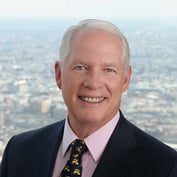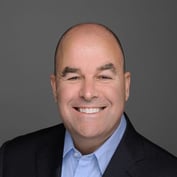What You Need to Know
- If you want to be independent, you have to manage your time.
- You also have to manage client expectations.
- One strategy is to share responsibility for client communications with the clients.
As much as it pains me, I am indeed a manager. I have tried to stay as independent as possible during my 37 years in this business because I do not want to be managed, and I do not want to manage. I have been successful regarding the former and have failed miserably regarding the latter.
I have to manage my time. For those who have raised procrastination to an art form, time management is an uncomfortable necessity.
I have to manage my practice. I pay attention to technology, administration, paperwork, marketing — details! For those of us who hate details, practice management is another uncomfortable necessity.
Most importantly, I manage my client relationships by managing both their accounts and their expectations. Managing their accounts is a fairly straightforward activity. The success of our business depends primarily on how well we manage our clients’ expectations.
Managing expectations is an art, and we all have different styles. Still, we should address some primary areas with our clients that will help avoid communication and relationship breakdowns.
1. Make sure clients know what you do (and don’t do). If you manage money, make sure your clients understand your process.
If you aren’t managing money but are choosing managers who manage money, make sure your clients understand the difference. The expectation is that clarity and precision are standard operating procedures.









 December 02, 2021 at 02:52 AM
December 02, 2021 at 02:52 AM












